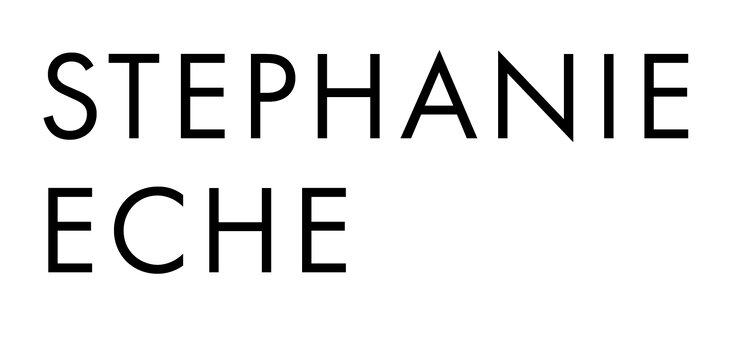Etxe
1. house 2. home 3. place where an activity takes place
In the Basque language, said to be one of the oldest languages in Europe, nouns and adjectives are invariable for number, so etxe means both house and houses. Since the word is usually used within a noun phrase, the ending gives it a definitive number.
When I was in Bilbao, I only learned a small amount of Basque (Euskara). I tried to take a class, but they were all full as there is this chunk of people, mostly middle-aged and older, in the Basque Country that never learned Basque or know very little since it was strictly prohibited under Franco rule (1936-1975). Since Basque is the official language of el País Vasco, one must speak it in order to work for any government related job, and so classes are always full. It's really strange because the younger generations all speak it as it is the language in which school is taught--Spanish is considered a second language now as Basque, post-Franco, is back center stage. Some use it politically, but mostly, if one was around pre- or post-Fascist Spain, they speak it effortlessly, while those that grew up during are struggling to learn in order to work.
I remember I had one adult student in my English class who told me she had moved to the Basque country for her husband, but as she wasn't Basque, and from a different part of Spain, she did not speak it. She was a librarian prior to the move, but since she couldn't speak Basque, she could no longer work as a public librarian in the Basque Country. She told me at her age she would rather learn English and speak with more people than waste time learning Basque.
In the high school I taught at, the 'minorities' were those from countries other than Spain, mostly Latin American countries, they were taught in Spanish, and had to take Basque language classes, something equivalent to our ESL classes. It was very strange, to be in Spain, or what many people consider Spain, and have Spanish being taught as a secondary language.
It's always interesting when different cultures and languages blend, evolve, how they ebb and flow in pervasiveness due to the political climate or cultural tendencies. Though my grandparents spoke Spanish, and their parents spoke Spanish, they never taught my parents Spanish since they were raising kids during a time when it wasn't as acceptable to speak anything other than English. They just wanted to fit into middle-class America and sound like everyone else, and especially have their children sound like everyone else. This is why I ended up going to Spain to learn Spanish.
In San Francisco, for the most part being bi- or multi-lingual is very common and many different languages are heard everywhere. Just this morning I realized the barista at my favorite coffee shop speaks German.
We're lucky to speak whatever language we want, with whomever we want, and be proud of it.



